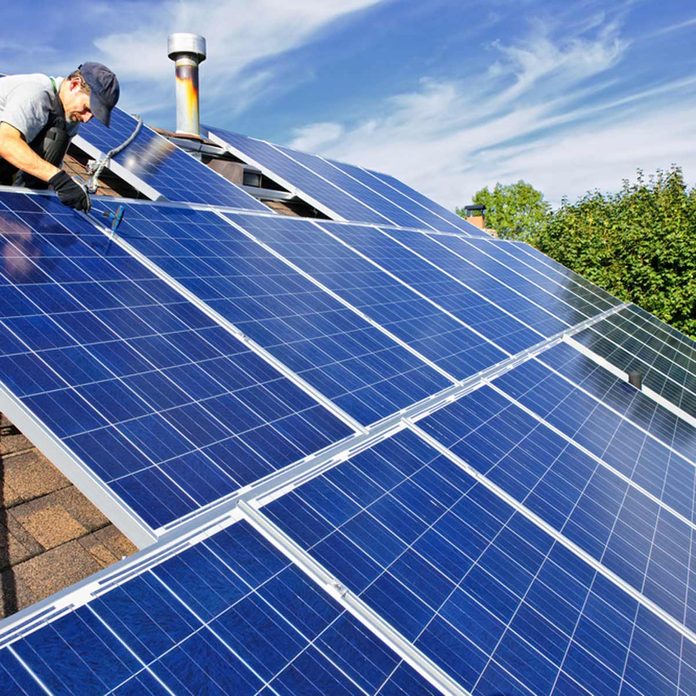
Solar Panels Don’t Require Maintenance
Despite what solar panel makers may tell you, maintenance of the panels is not a problem once you have them installed. Solar panel manufacturers try to get people to lease solar panels, insisting that then the homeowner won’t have to worry about maintenance. Don’t let this get to you! The only thing you have to do is keep the panels clear of debris by using a garden hose, out of direct sunlight, a few times a year. Planning to make your own? Here’s everything you need to know about DIY solar panels.
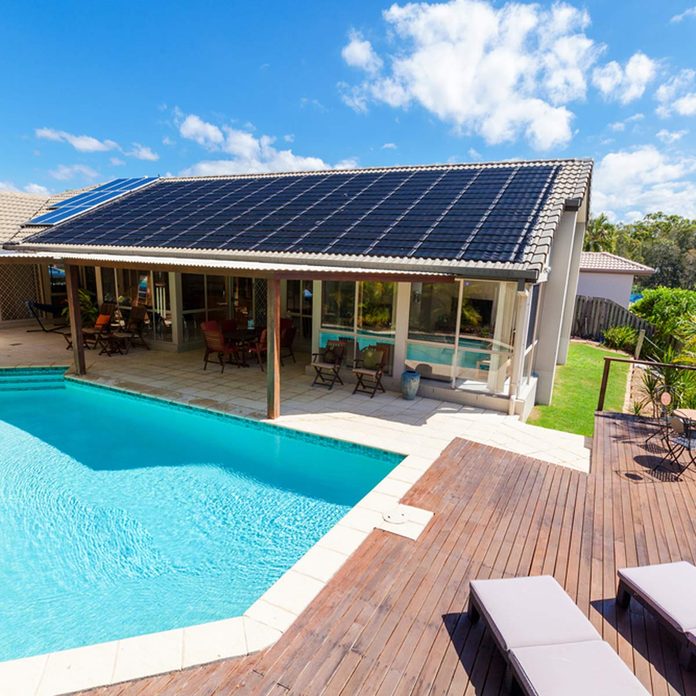
SRECs and Tax Credits Aren’t Forever
Solar panel manufacturers will push you to invest in their product for solar projects for many reasons, including the promise of SRECs (Solar Renewable Energy Credit) and tax credits. Every Megawatt-hour of electricity produced by your solar panels results in a SREC. In some states, SRECs are sold to utility companies, who then pay homeowners for each SREC they purchase. While such credits are a great incentive, they’re not a forever promise. For example, the Federal Solar Tax Credit will end for home solar in 2021. If you choose to purchase solar, you might want to consider adding it to your shed.
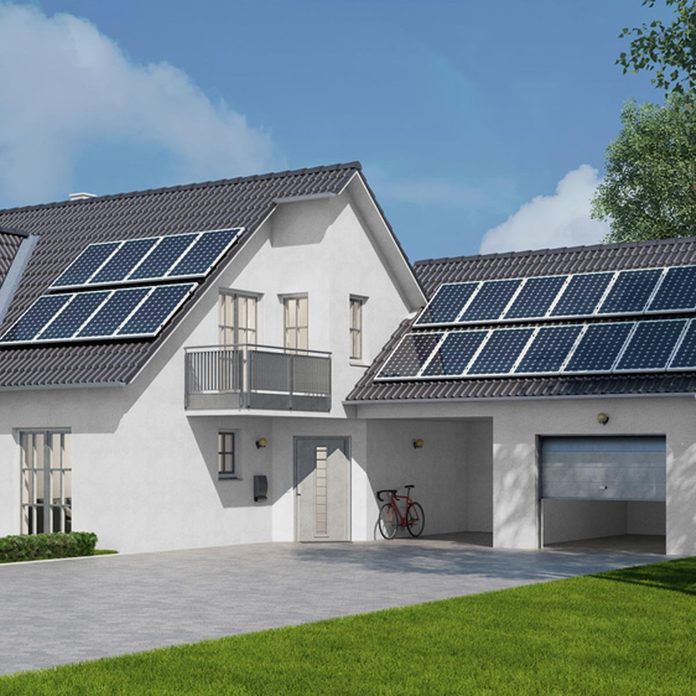
The Effectiveness of Your Solar Panels Drops Each Year
It’s not a major drop, but solar panel manufacturers aren’t going to be quick to disclose that efficiency of panels drops slightly each year. For panels manufactured after 2000, a 20-year-old panel will produce around 92% of its original power.
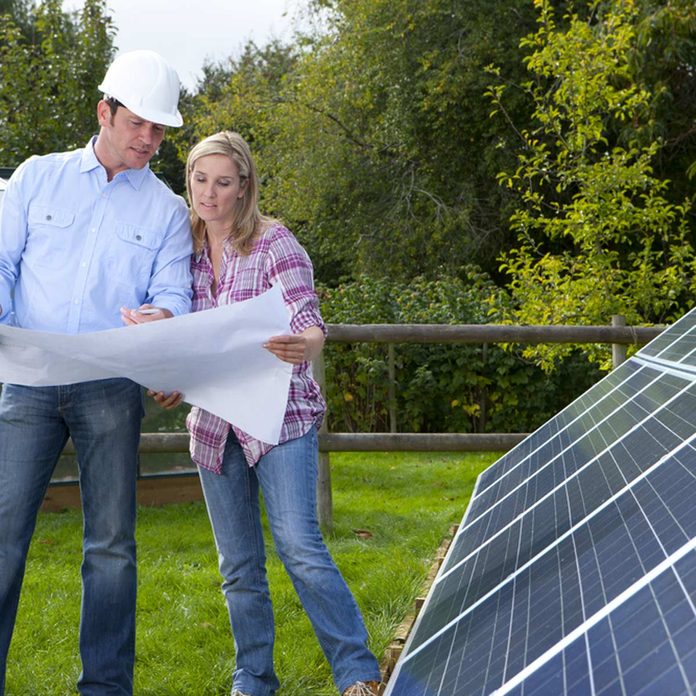
You Should Be Careful of Your Warranty
It’s important you do research on the solar panel manufacturers out there, and hone in on which one has the best warranty. Most warranties last for 20 to 25 years, but in order for them to follow through, the manufacturer must still be in business. As always, choose a manufacturer with a solid reputation.
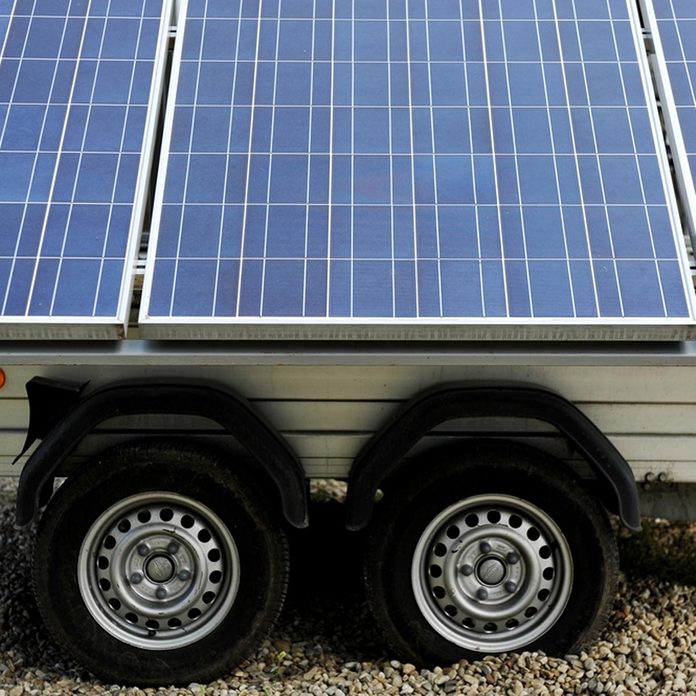
The Manufacturer of Solar Creates Pollution
Solar is held up as an energy-saving, environmentally-friendly powerhouse. And while that’s certainly true in many cases, the transportation and installation of solar energy systems is linked with the emission of greenhouse gases. Toxic materials and hazardous products have also been associated with the manufacturing process.
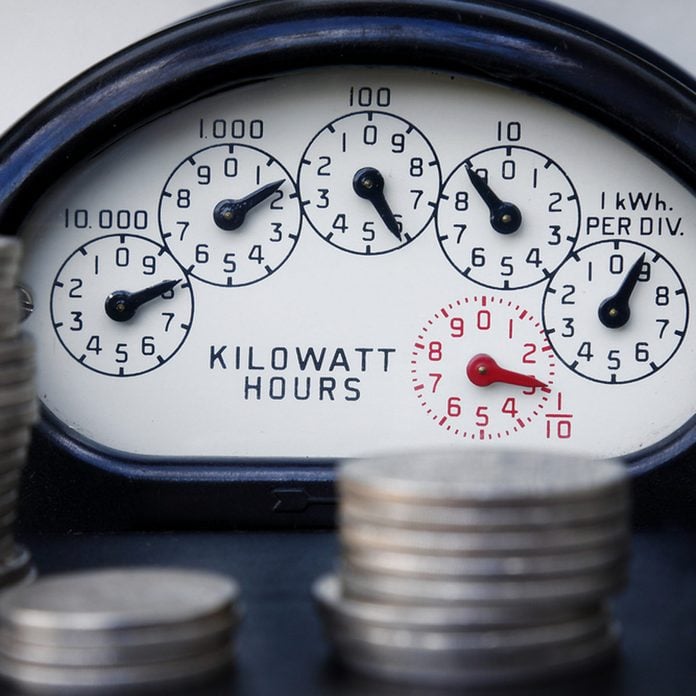
You Might Not Want Solar If You Have Low Electricity Costs
Solar is enticing for many reasons, most notably for financial and environmental sustainability. But if you don’t have large electricity costs to begin with, you might want to reconsider spending on solar panels, since, if your electricity costs are low, your solar savings will be as well. Along with the size of your home and your usage, where you live also has an impact on your energy costs. For instance, in Louisiana, the cost of electricity is 27 percent lower than the national average.
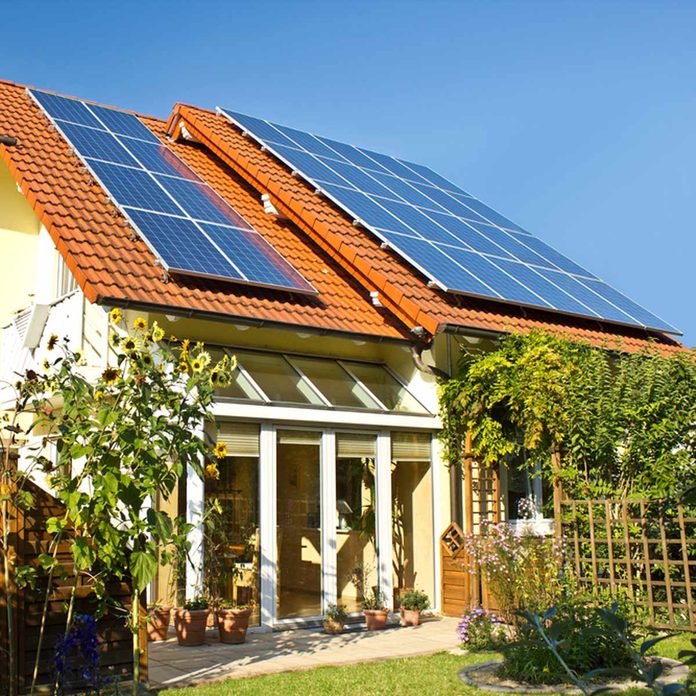
You May Not Be a Good Candidate for Solar Energy
Along with living in a state with low electricity costs, there are other things to consider regarding solar energy. For instance, you might need to cut down trees that shade and beautify your home, and that can be very expensive. You may not even have the right roof to structurally support solar panels. These aren’t topics that solar panel companies are going to put right out there, but you should think of all of these things including solar panel costs as you consider your options.
However, there are plenty of pros to solar power. Babcock Ranch, a town in Florida, certainly thought so as one of the first solar-powered towns in America.